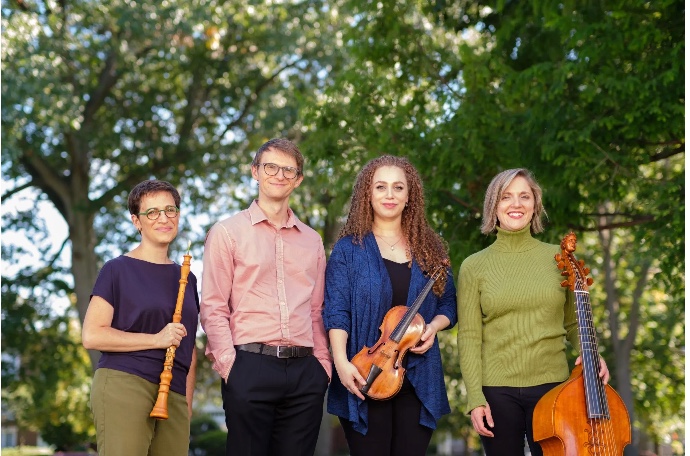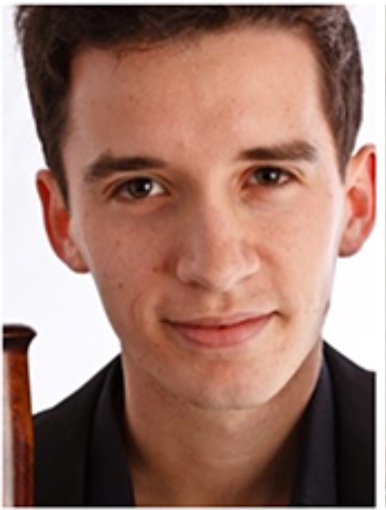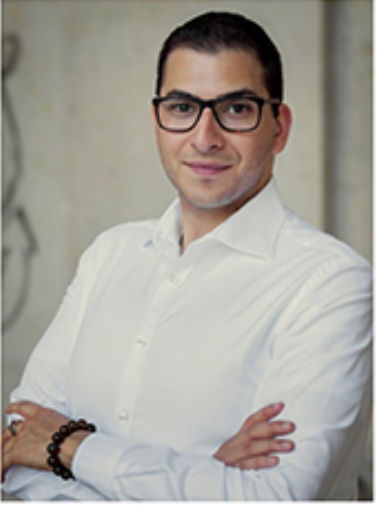by Mike Telin

On Friday, April 12 at 7:30 pm at the Akron Civic Theater, to conclude the ensemble’s 15th anniversary season, Les Délices will present “Seasons Transformed.” The program will be repeated on Saturday at 7:30 pm at Disciples Cultural Arts Center and Sunday at 4:00 pm at West Shore Unitarian Universalist Church. Tickets are available online.
The new program features three of Vivaldi’s concertos as arranged by Les Délices artistic director Debra Nagy. In her program notes, the oboist points out that it was common practice in the Baroque era to adapt works to particular performers. “In truth, adapting Vivaldi’s famous concertos seems to have been a particular pastime in France. Not only were Vivaldi’s Seasons (particularly Spring) frequently heard at Paris’s premiere concert series Le Concert Spirituel in their original forms but they were transformed by other composers over the next several decades.”

Zeller-Townson said that “Autumn” — with its rustic music-making, hunting sounds, and peasant dances — is the season that is all about the bassoon. “This is what the instrument has been doing really well for a long time. And while there are slight changes in the arrangement, the musical gestures are all very natural.”

“So when Debra wrote and said, oh, by the way, ‘Spring’ is going to be a flute concerto, my jaw kind of dropped. But it’s such a fun take on the music. So much of the music of the Baroque was situational — you wrote for what you had available. And this is a direct continuation of that. Debra has used her creative juices to reimagine these works, and as a flutist, I’m humbled that she gave such a great piece to me.”
Acknowledging the universal popularity of The Four Seasons, the flutist said that when he sees the piece on a program, like many, he often thinks, here we go again. “But the funny thing about putting it into another instrumental voice is that you’re not expecting a flute to sound like a violin. Nor would you really want it to. But for something like ‘Spring’ it’s a completely different flavor that really does kind of turn this into a completely different piece, and I’m excited to get it together with the whole band.”
The arrangement of “Winter” will feature violist da gamba Rebecca Landell, violinist Julie Andrijeski, and harpsichordist Mark Edwards. And instead of adapting Vivaldi’s “Summer,” Nagy writes in the program notes that she decided to create a new concerto based on works by Jean-Philippe Rameau.
“His music for the theater is full of incredible imagery as well as raw power. I’ve always been interested in creating opportunities for audiences to fall in love with music and composers that they are less familiar with and creating a Summer concerto from Rameau’s oeuvre seemed like a perfect opportunity to combine the familiar and the unexpected.”
“Seasons Transformed” also includes the Presto from Giovanni Antonio Guido’s Le Printemps and Joseph Bodin de Boismortier’s Concerto for flute, oboe, violin, bassoon and continuo, Op. 37, No. 6.
“The interesting thing about the Boismortier is that the flute and the bassoon have a special kind of sound when they’re played together,” Monticello said. “I think that this piece shows a lot of refinement in the way that the voices play off of one another, but also in the way that each one gets a turn, and they’re very respectful of each other. It’s a very fresh, polite piece, and it’s a lot of fun to play.”
Published on ClevelandClassical.com April 10, 2024.
Click here for a printable copy of this article



